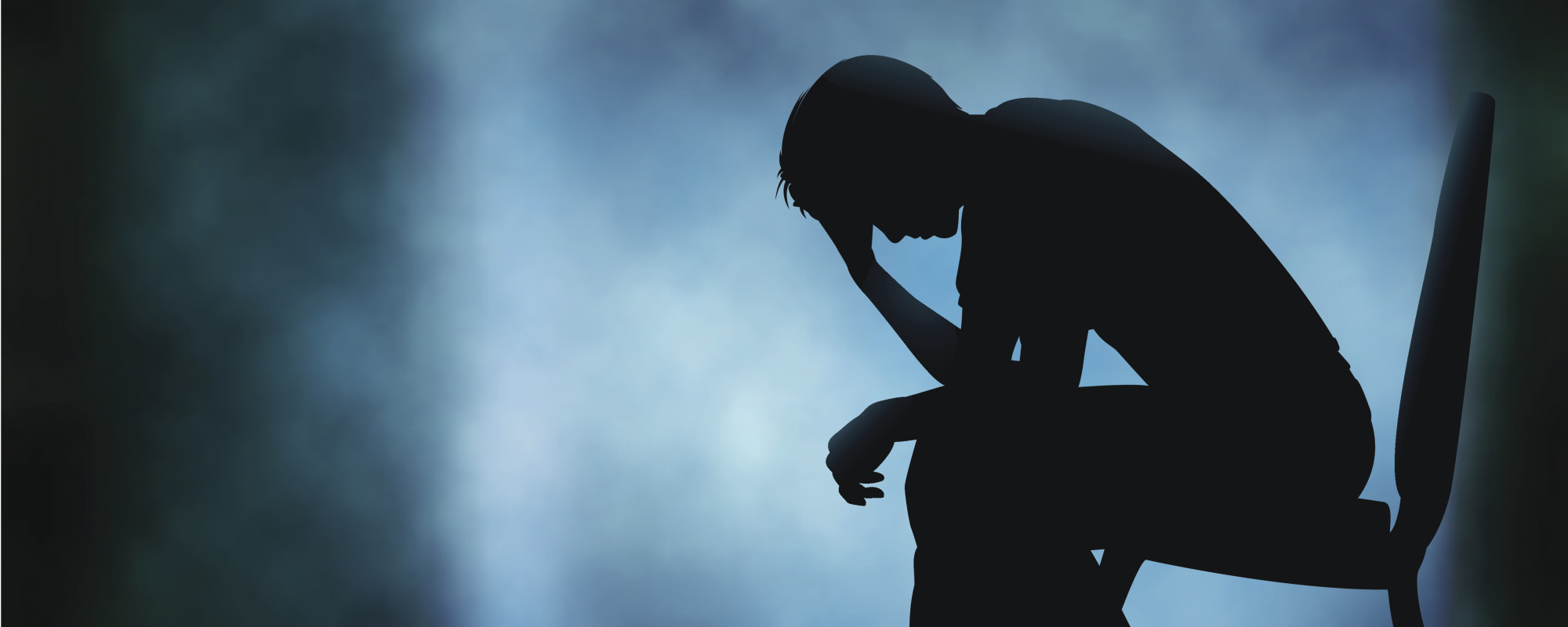We have all had that moment of complete panic when we realise we’ve done something utterly regrettable on social media. That drunken text that should never have been sent, the accidental like on Instagram, or, in my case, the friend request to someone who you really shouldn’t know.
Today’s society, and young people in particular, are experiencing an exponential increase in anxiety diagnoses. In the 1980s, four per cent of Americans suffered from anxiety disorders. This figure has soared in recent years to 50 per cent. Irish services such as Headstrong and SpunOut seek to tackle this huge rise in anxiety amongst Irish youth. While helping us all to stay connected, social media certainly has its drawbacks, and there is a growing body of evidence to suggest that there’s a strong link between social media use and anxiety.
There is a growing body of evidence to suggest that there’s a strong link between social media use and anxiety
One concern exacerbated by increased social media use is that of the “fear of missing out”. The constant stream of carefully crafted Snapchat stories and pictures posted leave individuals lamenting the lack of excitement and adventure in their own lives. Regardless of social media, students often feel this pressure from university alone. Many feel that they must make the most of the so-called “best years of their lives”. Watching your friends out enjoying themselves whilst sitting at home on the sofa only leads to self-criticism and unrealistic expectations.
Individuals are left to feel as though they are “not enough”. A line in “Heaven Knows”, a song by Swedish duo First Aid Kit, represents this: “Paid so much attention to what you’re not, you have no idea who you are.” Such harsh comparisons with our peers leaves little room for us to know who we truly are. We often lose sense of ourselves in the race to be just as sociable or high-achieving as our friends.
In order to know yourself truly, you need space and time alone. You need a quiet and peaceful environment, one that isn’t impinged upon by social media and other social contact. It is widely acknowledged that positive mental health is supported by a person’s ability to spend time alone. This ability has dwindled of late.
Some suggest that our increased anxiety is linked to our decreased self-awareness, in that we have a lessened sense of self and lack confidence. A recent study in the Journal of Science showed that when given the choice of sitting alone with our thoughts, or to endure electric shocks, 67 per cent of men and 25 per cent of women chose the shock. With the expansive prevalence of social media, we feel a constant need to be in touch with others, and an increasing discomfort with spending time alone.
Platforms such as Instagram and Facebook are forums where your self-image is marketable – you become a product, not a person. The constant management and editing of a public image online is undoubtedly a cause for anxiety. It leads people to question who they actually are, and whether others accept them. I’m often baffled by my friends discussing “optimum timing” and selective wording of photo captions, messages and comments – strategies worthy of marketing moguls.
Individuals worry about how they look online, whether that be physically in photos, or in their words and interests. A constant cycle of self-scrutiny paralyses people and a persistent analysis of the self that a person projects publicly is exhausting and nerve wracking.
Social media is vital for keeping in contact with others.However, it has taken on an addictive and compulsive quality
I regularly question whether social media meets our primal social needs. Social media doesn’t inspire people to look out for others, or establish a proper sense of community. The only sense of community I’ve gained from Facebook has come from sharing PDFs with my class and liking the same picture of a dog as 4,000 others. People often feel pitted against each other as a result of constant comparisons and fear of being criticised for any wrong move online. We also can’t forget the prevalence of cyberbullying online – yet another cause for anxiety. There is no doubt that social media is vital for keeping in contact with others. However, it has taken on an addictive and compulsive quality. For example, 63 per cent of Americans log onto Facebook at least once a day, with 40 per cent visiting the site multiple times on a daily basis.
As I write this, I too am checking who’s going to Coppers tomorrow on Facebook, and how Matt got on with his cousins. Social media certainly has its benefits. However, it is social media in excess that causes problems. It’s important for your own mental health to retain a sense of perspective and it is important to remember that things are not always as they seem online. It can be easy to lose sight of what’s important when using social media but don’t assume the worst and be kind to yourself. Thankfully, anxiety is becoming less of a taboo subject, so don’t be afraid to voice your concerns.







